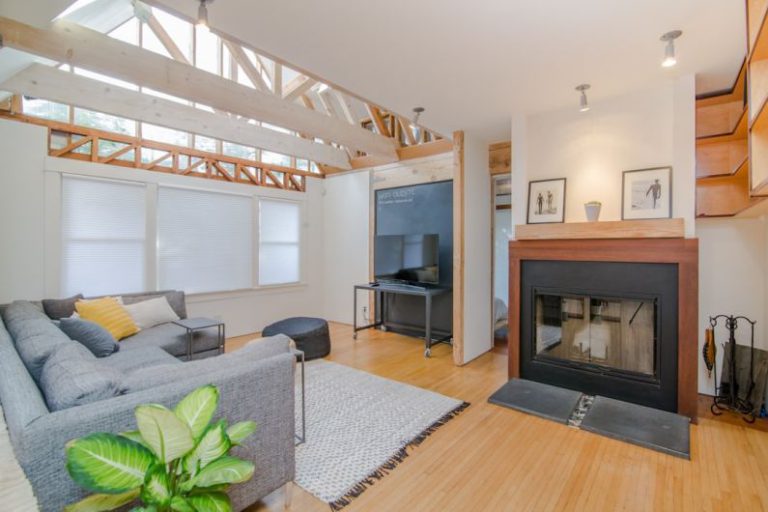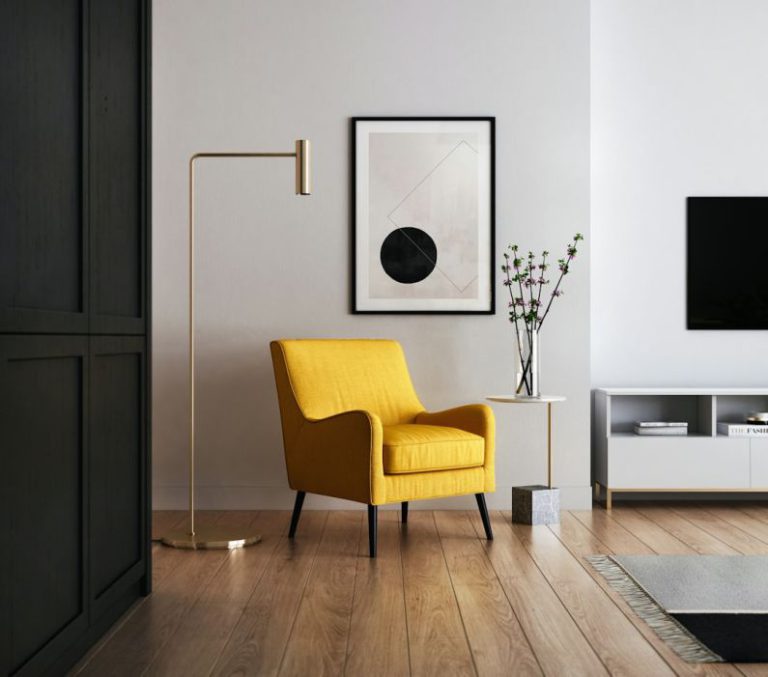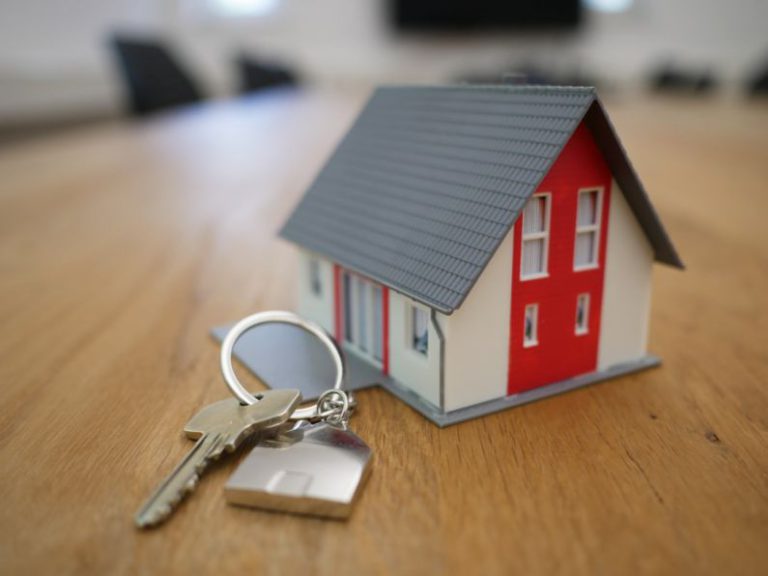
Buying a Fixer-upper to Save Money: A Prudent Investment or a Costly Gamble?
Are you in the market for a new home but feeling the pinch of a limited budget? The allure of a fixer-upper may be tempting, promising significant cost savings in exchange for some sweat equity. But is it really worth the investment? Let’s dive into the pros and cons of purchasing a fixer-upper to help you make an informed decision.
The Appeal of Fixer-uppers
Fixer-uppers often come with a lower price tag compared to move-in-ready homes in the same neighborhood. This initial cost savings can be a major draw for budget-conscious buyers looking to get more bang for their buck. Additionally, buying a fixer-upper allows you to customize and design the home to your preferences, creating a space that truly reflects your style and needs. The potential for increasing the property’s value through renovations and improvements is another attractive aspect of purchasing a fixer-upper.
Challenges of Renovating
While the idea of transforming a rundown property into your dream home is undeniably appealing, the reality of renovating a fixer-upper can be daunting. Renovation projects often come with unexpected costs and can quickly spiral out of control if not carefully planned and budgeted. From structural issues to outdated plumbing and electrical systems, fixing up a neglected property can unearth a host of challenges that require time, effort, and financial resources to address.
Considerations Before Buying
Before diving into a fixer-upper project, it’s crucial to conduct a thorough inspection of the property to identify potential issues and estimate the cost of necessary repairs. Hiring a professional home inspector can help uncover hidden problems that may not be immediately apparent, allowing you to make an informed decision about whether the investment is worth it. Additionally, consider your own DIY skills and availability to tackle renovation projects – while some tasks can be done independently, others may require professional assistance.
The Importance of Budgeting
One of the key factors to consider when purchasing a fixer-upper is budgeting. Create a detailed renovation budget that includes costs for materials, labor, permits, and contingencies to account for unexpected expenses. It’s essential to be realistic about your financial limitations and avoid overextending yourself to avoid getting into a financial bind. Remember that the goal of buying a fixer-upper is to save money in the long run, so careful planning and budgeting are essential to achieving this objective.
Maximizing the Value of Your Investment
To ensure that buying a fixer-upper is a wise financial decision, focus on maximizing the value of your investment. Prioritize renovations that offer the highest return on investment, such as updating kitchens and bathrooms, improving curb appeal, and addressing structural issues. By making strategic upgrades that enhance the property’s appeal and functionality, you can increase its market value and potentially recoup your renovation costs when it comes time to sell.
In Conclusion: Making an Informed Decision
While buying a fixer-upper can offer significant cost savings and the opportunity to create a personalized living space, it’s important to weigh the pros and cons before making a decision. Careful planning, budgeting, and realistic expectations are essential for a successful renovation project. By considering the challenges and potential rewards of purchasing a fixer-upper, you can make an informed decision that aligns with your financial goals and lifestyle needs.





